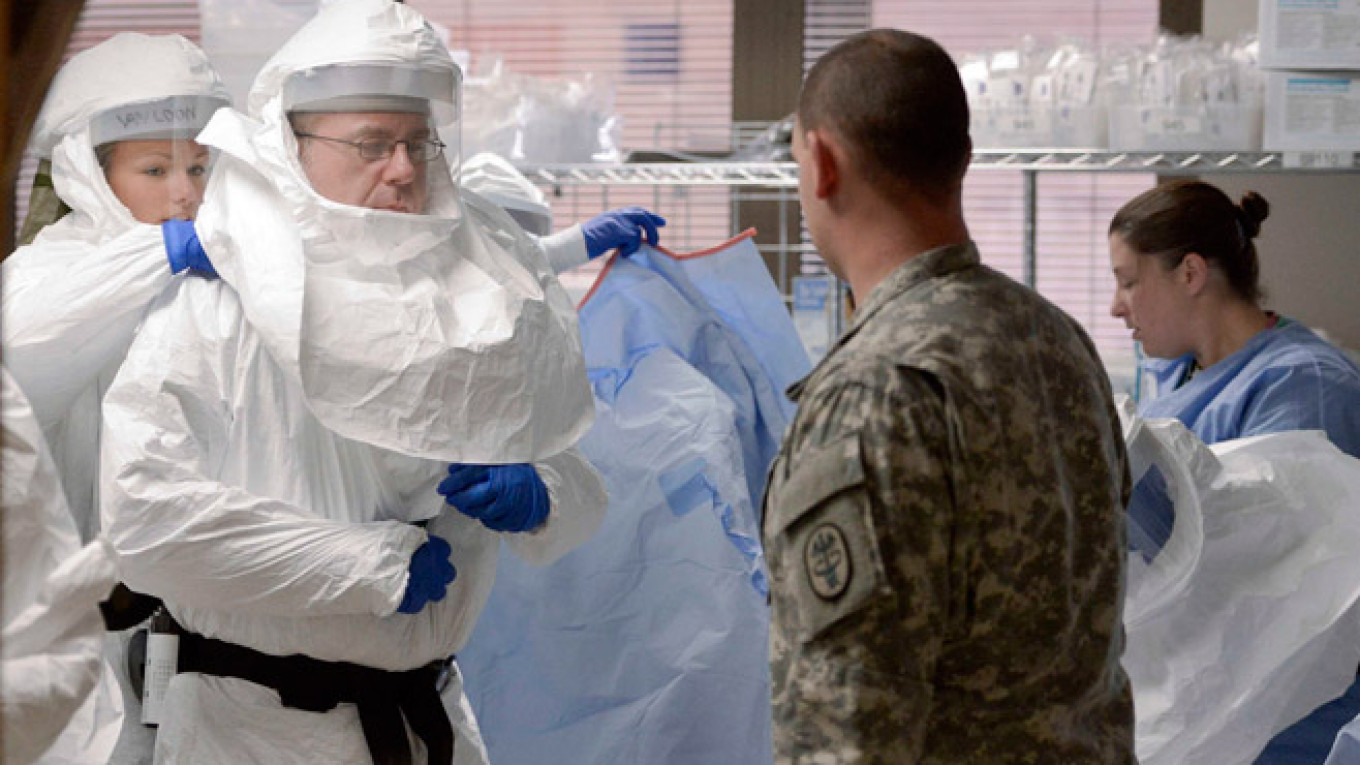The recent and ongoing Ebola virus epidemic is causing tremendous damage to the countries where the virus is spreading most rapidly: Liberia, Guinea and Sierra Leone. In addition, another serious crisis looms in the horizon: the threat to the economic development of these countries.
The World Health Organization (WHO) has issued a dramatic warning that the Ebola epidemic threatens the very survival of these societies. "I have never seen a health event threaten the very survival of societies and governments in already poor countries, and I have never seen an infectious disease contribute so strongly to potential state failure," said WHO head Margaret Chan.
Where have all the millions of dollars given to these countries by international institutions to improve their health systems gone?
According to an economic impact assessment by the World Bank Group, if the epidemic were to significantly infect people in neighboring countries, the financial impact of the epidemic could reach $32.6 billion by the end of next year. The World Bank Group has described two possible scenarios: a "low Ebola" development and a "high Ebola" development.
The low Ebola scenario corresponds to a rapid containment within the three most affected countries, while the high Ebola scenario corresponds with a slower containment in those countries, accompanied by broader regional contagion. The low Ebola scenario is possible if one considers that containment efforts were so far successful in Nigeria and Senegal.
From the time the epidemic began in Guinea in December 2013 and from there spread to Liberia and Sierra Leone, the response to the epidemic has not been adequate. For example, the regional headquarters of the UN Mission for Ebola Emergency Response (UNMEER) is only being set up now, despite the fact that medical NGOs working in those countries began raising the alarm months ago.
Communication to the public in the affected countries has also been inadequate. In some areas, people have become suspicious of the health authorities, and angry protestors have attacked the hospitals, which they blame for having provoked the epidemic. Health workers have been the unsung heroes of this crisis.
The situation has become even more serious, particularly in these three countries, considering the lack of qualified medical personnel and hospitals that are understaffed and lacking basic supplies. Where have all the millions of dollars given to these African countries by international financial and health institutions to improve their health systems gone?
In my experience as an international public health consultant, a significant portion of those loans end up in the pockets of the presidents of these countries and their friends and families, a situation that has to be urgently corrected if efforts to contain the epidemic are going to succeed.
"The enormous economic cost of the current outbreak to the affected countries and the world could have been avoided by prudent ongoing investment in the strengthening of health systems," said World Bank Group president Jim Yong Kim. New investments should be devoted to improving the health and security infrastructure in the affected countries, as well as rapidly training health personnel and improving security protocols at airports and seaports of the three core countries and neighboring ones.
The World Bank Group is now mobilizing $400 million in emergency financing for the three countries most affected by the crisis. This is an enormous amount that could have done wonders if wisely spent before the start of this epidemic. What is important is not only to provide financial aid but ensuring that that aid is adequately spent. If the epidemic is not contained soon, it will continue to have a devastating effect on the African countries' economies and development.
Although it is unlikely that Russia will have an outbreak of the Ebola epidemic, the government is taking measures to prevent those infected with the virus from entering the country. Russia is making an economic contribution to the WHO and to the affected countries to improve the introduction of sanitary rules as part of the global response to the epidemic.
According to Russian Health Minister Veronika Skvortsova, Russian scientists are working on three new Ebola vaccines that could be ready in the next six months. Acknowledging that Ebola is a virus that should bring all countries together, Foreign Minister Sergei Lavrov said: "Russia will make an active contribution to the efforts of the world community."
But for the countries of West Africa, is it too little, too late?
Cesar Chelala is an international public health consultant and a winner of an Overseas Press Club of America award.
A Message from The Moscow Times:
Dear readers,
We are facing unprecedented challenges. Russia's Prosecutor General's Office has designated The Moscow Times as an "undesirable" organization, criminalizing our work and putting our staff at risk of prosecution. This follows our earlier unjust labeling as a "foreign agent."
These actions are direct attempts to silence independent journalism in Russia. The authorities claim our work "discredits the decisions of the Russian leadership." We see things differently: we strive to provide accurate, unbiased reporting on Russia.
We, the journalists of The Moscow Times, refuse to be silenced. But to continue our work, we need your help.
Your support, no matter how small, makes a world of difference. If you can, please support us monthly starting from just $2. It's quick to set up, and every contribution makes a significant impact.
By supporting The Moscow Times, you're defending open, independent journalism in the face of repression. Thank you for standing with us.
Remind me later.






